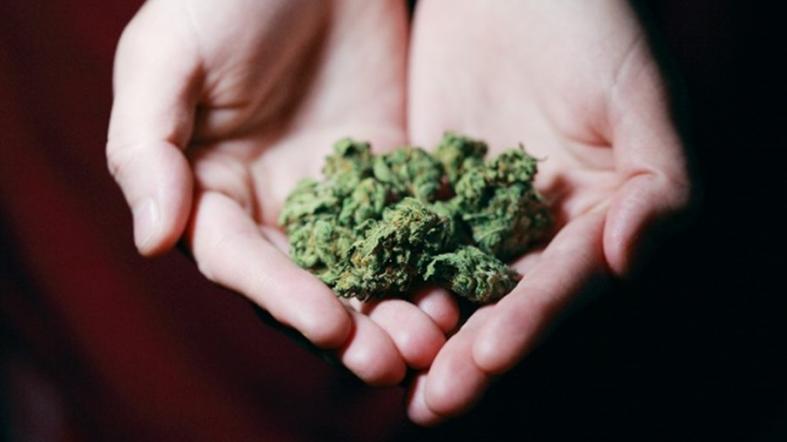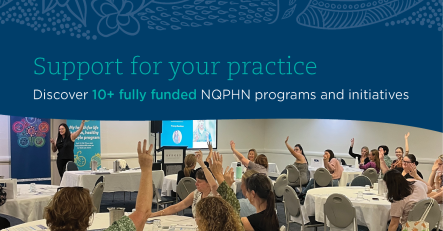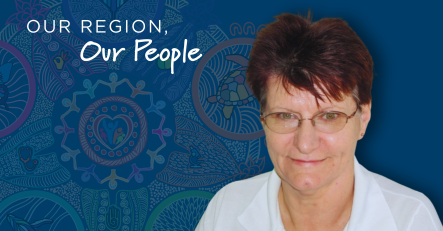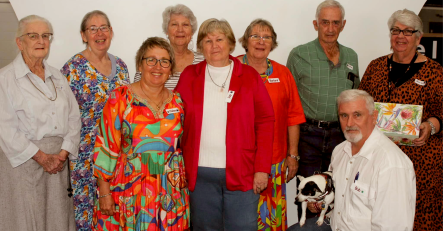This ‘double-whammy’ effect may mean that the very population who are at most risk of psychotic symptoms are also the most likely to be frequent cannabis users.
“Our research found cannabis use was associated with more psychotic-like experiences, and this association was stronger for people with more experiences of childhood trauma,” said Dr Molly Carlyle, Honorary Fellow of the University of Queensland’s School of Psychology.
“Similarly, people who experienced more childhood trauma were more likely to engage in more harmful cannabis use. They also experienced more dysphoria/paranoia when using cannabis, which was also linked to psychotic-like experiences.”
The research is part of a larger randomised-controlled trial led by Professor Leanne Hides from UQ’s School of Psychology.
While the research examined offering treatment directly to young people, addressing intergenerational trauma and supporting all families, including those who are especially vulnerable (without singling them out and creating stigma) remains an urgent public health priority.
Medical professionals can offer Queensland parents free evidence-based parenting support via the Triple P – Positive Parenting Program, with separate programs for parents of children and parents of teenagers, funded by the Queensland Government. These programs are available at www.triplep-parenting.net







